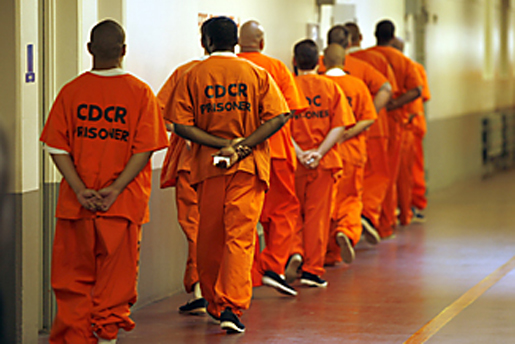Mississippi Gov. Haley Barbour pardoned four convicted murderers before leaving office
Good Ole boy Haley Barbour really stepped in it during his last days in office as governor. Barbour issued 215 pardons and the uproar was deafening. Barbour, a former RNC Chair and lobbyist, long popular with right-wing Republicans came under immediate attack for releasing murderers and other violent criminals. The state attorney general filed a complaint alleging that 156 of the pardons were unconstitutional because state law requires a 30 day public notice in the communities where the crimes occurred. A judge refused to send those pardoned back to prison, but ordered those convicted of murder to check in with parole officers. A hearing has been scheduled for February 3. More about the legal challenges here.
The uproar got so bad, Barbour wrote a commentary in the elitist liberal Washington Post, pointing out that the Parole Board had recommended 90 % of those pardoned receive some sort of clemency and that previous governors had a long history of pardoning trustees who work in the governor’s mansion. Here’s Barbour’s attempt to set the record straight.
Missing from most of the heated verbal and online confrontations—is that just like most things in Mississippi, the pardons have an ugly racial tinge. Fully two out of three prisoners pardoned by Barbour were white--- even though the state’s prison population is two-thirds African-American. Barbour’s staff insist that race played no role in the decisions, as did the Parole Board. Statisticians who have looked at Mississippi’s pardon process overall say white prisoners are four times likelier to be paroled than African-Americans. Reuters initially broke the story about the racial discrepancy and it was picked up by the Huffington Post.
The fallout continues as Barbour’s successor, Republican Phil Bryant, has not only vowed to refrain from pardoning convicted prisoners—he has vowed to bar them from working in the governor’s mansion or grounds. While the rhetorical fallout continues—one place Barbour won’t be hurting is his wallet. He’s already given the first speech in a lucrative speaking contract with Leading Authorities in the $30,000-$50,000 range. This is only one of the former governor’s new jobs. Barbour has also rejoined his old law firm Butler Snow and the lobbying powerhouse BRG according to today's New York Times.
In case you’re wondering about the two Scott sisters who Barbour granted an early release after a decade of appeals from state human rights groups—they’re still under court supervision. Jamie and Gladys Scott were paroled after serving 16 years of a life sentence, on the condition that Gladys donate a kidney to Jamie. The two African-American sisters still have to report to a parole officer and with a felony conviction have found it impossible to find work. Maybe Barbour can turn some of his speaking gigs over to them.
By: Llenda Jackson-Leslie















